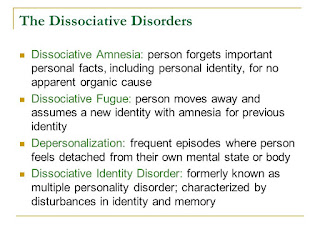
Social loafing refers to the concept that people are prone to exert less effort on a task if they are in a group versus when they work alone.
Social facilitation, or the audience effect, is the tendency for people to perform differently when in the presence of others than when alone. Compared to their performance when alone, when in the presence of others, they tend to perform better on simple or well-rehearsed tasks and worse on complex or new ones.
Group polarization: refers to the tendency for a group to make decisions that are more extreme than the initial inclination of its members.
Groupthink: the practice of thinking or making decisions as a group in a way that discourages creativity or individual responsibility
Minority Influence: takes place when a member of a minority group influences the majority to accept the minority's beliefs or behavior.
Affective disorders are a set of psychiatric disorders, also called mood disorders. The main types of affective disorders are depression, bipolar disorder, and anxiety disorder



Tardive dyskinesia is caused by long-term use of neuroleptic drugs, which are used to treat psychiatric conditions. Tardive dyskinesia causes repetitive, involuntary movements, such as grimacing and eye blinking. Stopping or tapering drugs that may be contributing to involuntary repetitive movements can help. In rare cases, botulinum toxin, deep brain stimulation, or medications can help
Psuedobulbar Affect: crying when you shouldn't mental condition, could be connected to Parkinsons
Risperidone belongs to a group of medicines called antipsychotic agents, which improve the symptoms of certain types of mental illness.
Risperidone is used for:
symptoms of schizophrenia and other types of related psychoses in adults and adolescents over 15 years of age. These are conditions related to thoughts, feelings and/or actions.
acute mania associated with Bipolar 1 Disorder. Symptoms of this condition may include elevated, expansive or irritable mood, inflated self-esteem, decreased need for sleep, pressured speech, racing thoughts, distractibility or poor judgment including disruptive or aggressive behaviours.
short term treatment of behavioural problems in patients with a decline in mental ability (dementia). These problems include aggression through words or action, morbid suspiciousness, agitation or wandering.
conduct and other disruptive disorders such as aggression, impulsiveness and self-injury in adults and children aged over 5 years old who are intellectually disabled.
certain behaviours seen in children and adolescents with autism.
No comments:
Post a Comment